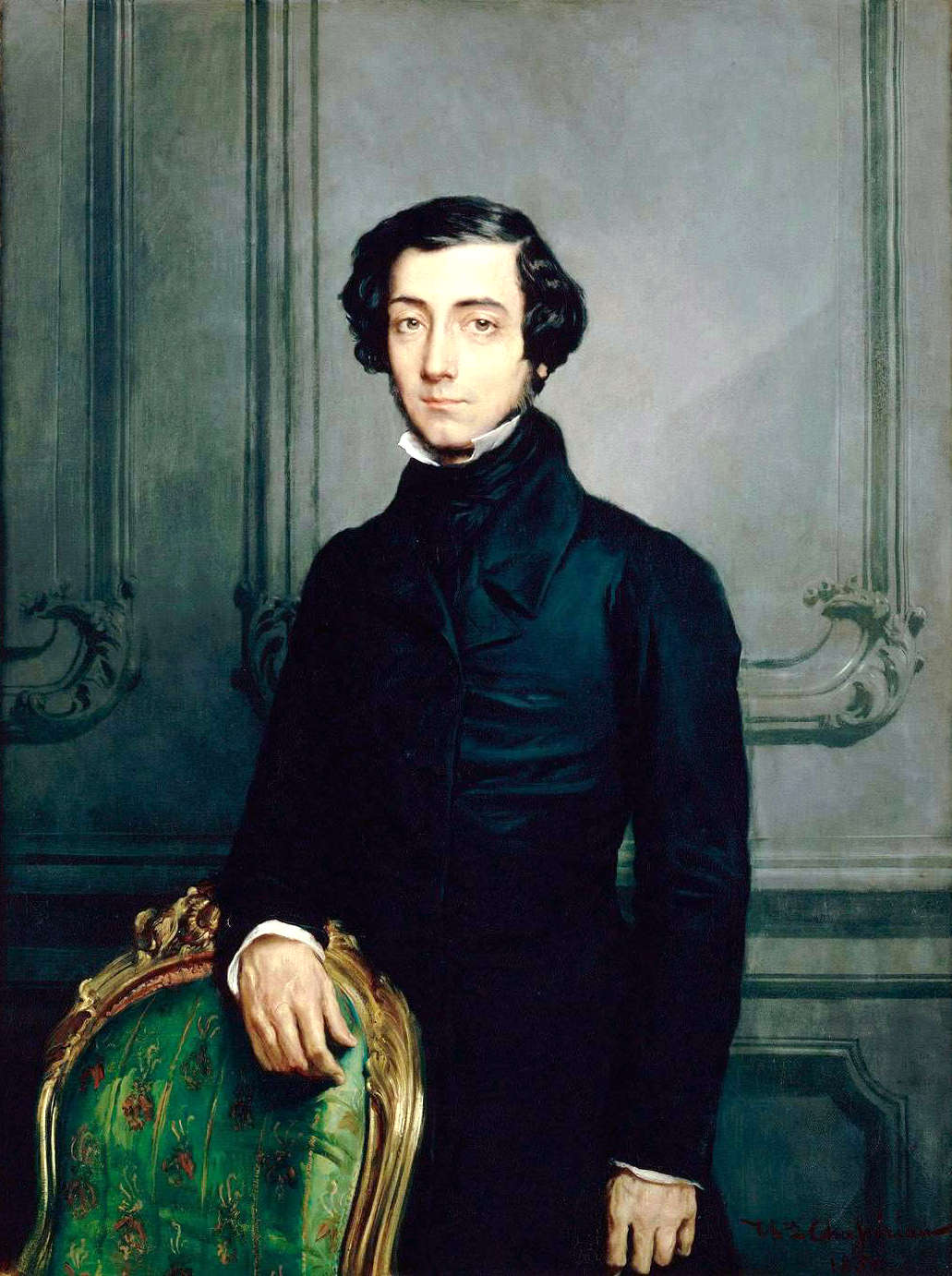 Although I mostly teach graduate students, I teach one course a year in the liberal arts college of the New School, Eugene Lang College. In my course this year, we have been closely reading Tocqueville’s Democracy in America, freely discussing his topic, the American democratic experience. My goal for the class is to go back and forth, between close reading and informed discussion.
Although I mostly teach graduate students, I teach one course a year in the liberal arts college of the New School, Eugene Lang College. In my course this year, we have been closely reading Tocqueville’s Democracy in America, freely discussing his topic, the American democratic experience. My goal for the class is to go back and forth, between close reading and informed discussion.
Of the two volumes in Tocqueville’s classic, I enjoy most reading and discussing Volume 2, which is more a critical examination of the promise and perils of democracy and its culture, less about the institutional arrangements and inventive practices of the Americans, which Tocqueville celebrated and which is the focus of Volume 1 of his masterpiece. But this year, Volume 1 has become especially interesting to me. I hope for the students also.
I have taught the course many times. The way it develops always depends upon what’s going on in the world, who is in the class, and how they connect their lives with the challenges of Tocqueville. We don’t read Tocqueville for his insights and predictions about the details of American life, judging what he got right, what he got wrong. Rather, we try to figure out how his approach to the problems of democracy can help us critically understand our world and his, democracy in America back then and now.
This semester, indeed, for the past two weeks, the course has taken an interesting turn. As we have been reading Tocqueville on the American system of government, political associations and freedom of the press, i.e. Volume 1, Parts 1 and 2, I felt the need to assign an additional shorter reading, The Constitution of the United States of America. I did this not because I feared that the students hadn’t yet read this central document in the story of democracy in America and beyond (they had), but because I judged that it was time to re-read the text, to note what is in it and what is not, to critically appraise the use of the document as a confirmation of the partisan . . .
